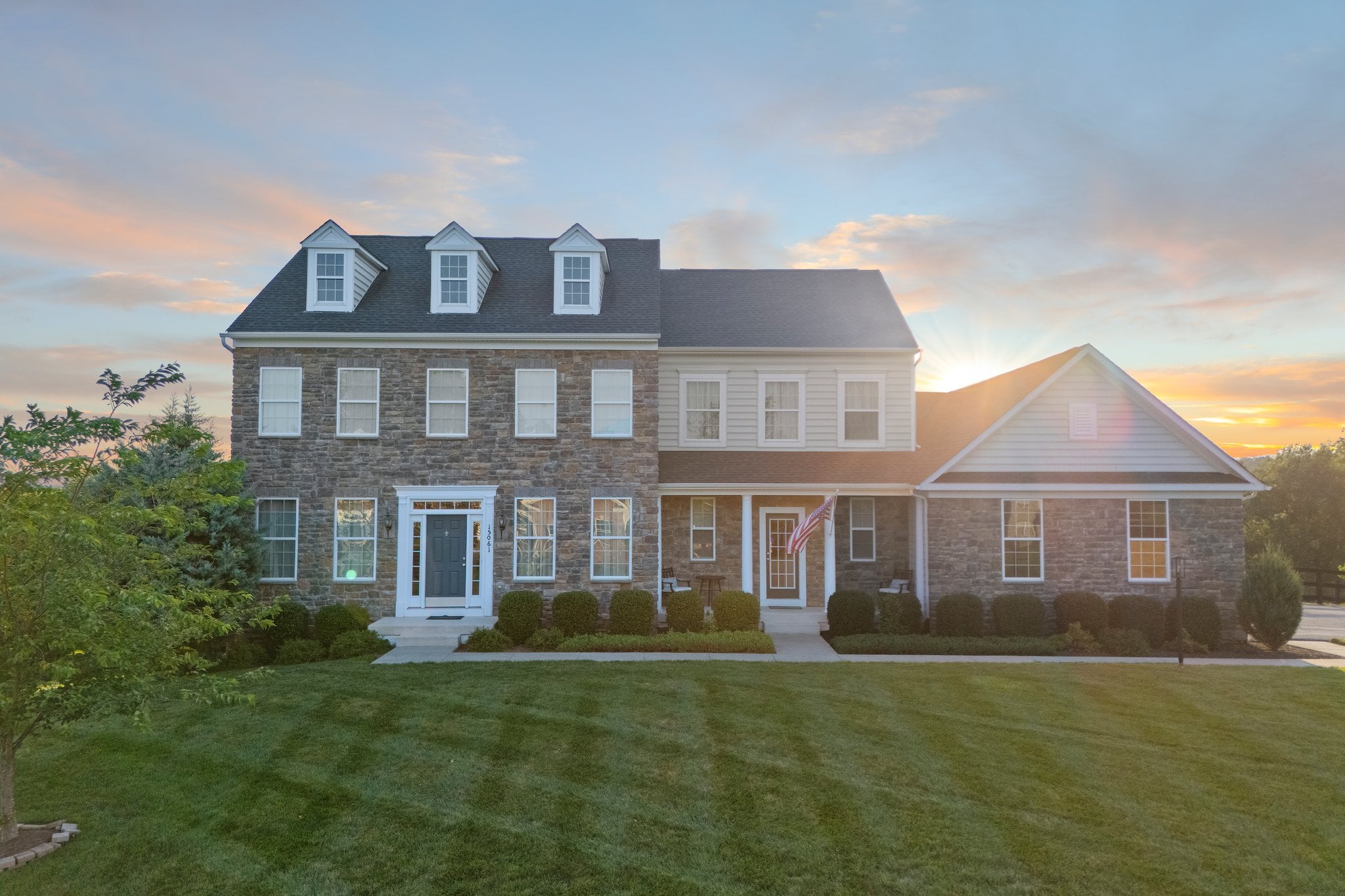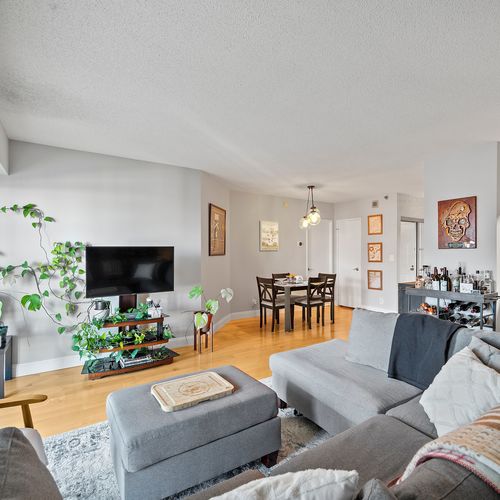Buy when it makes sense for you. Stop trying to time the market. The key question isn't what rates might do next quarter, it's whether you can afford the monthly payment that makes sense for you and your family today.
If that number works for you now, move forward. And if rates drop significantly later, you can always refinance.
The Problem with Trying to Time Interest Rates
Here's the reality: timing mortgage rates is nearly impossible. Even experts who watch the markets daily can't predict exactly when rates will hit their lowest point.
The Federal Reserve may signal rate cuts, but those expectations are already baked into current mortgage rates. By the time the Fed actually cuts rates, the market has often moved on to worrying about the next thing. You might wait six months hoping for a better rate, only to find rates stayed flat or even increased.
Meanwhile, you're still paying rent. You're not building equity. And you're watching home prices climb.
What Actually Happens When You Wait for Lower Rates
When rates drop, three things typically happen, and none of them help you:
More buyers enter the market. Lower rates bring more competition, leading to bidding wars. You may end up in situations where you're one of ten offers on a property. The seller has all the leverage.
Home prices increase. When borrowing costs drop, more buyers can afford homes. Analysts expect home prices will likely rise as rates fall. For example, a $400,000 home today could cost $450,000 in a year of price gains. Any interest savings get wiped out by a larger purchase price.
Seller concessions disappear. In a hot market, sellers are less willing to negotiate on price or closing costs. The repairs you wanted covered? The closing cost credits? Those vanish when sellers have multiple offers to choose from.
Focus on Monthly Payment, Not Interest Rate
Your mortgage affordability depends on your total monthly payment, principal, interest, taxes, insurance, and HOA fees. Not the interest rate alone.
A slightly higher interest rate on a cheaper home can yield a lower monthly payment than a low rate on an expensive home. For example, buying a $400,000 home at 3.25% results in a payment around $1,566. But a $300,000 home at the same rate costs only $1,175 per month, nearly $400 less.
Reducing the purchase price has a bigger effect on your payment than shaving a fraction off the interest rate.
Use our mortgage calculator and affordability calculator to see what monthly payment actually works for your budget.
You Can Change Your Rate, But Not Your Purchase Price
Here's what matters: you can always change your interest rate through refinancing. But you can't change the price you pay for a house.
Once you buy, that purchase price is locked in the tax record forever. If you wait for rates to drop but pay $50,000 more for the same house, you've lost money, even with a lower rate.
When you're one of ten buyers competing for a property, the seller sets the terms. Act when you have leverage, not when everyone else is flooding back into the market.
How Refinancing Actually Works
Most conventional loans require about six months of payments before you can refinance. Government-backed loans have their own rules, FHA Streamline refinancing needs 210 days plus six on-time payments.
Yes, refinancing has closing costs, typically 2-6% of the loan amount. But if rates drop by half a percentage point or more, the interest savings usually justify the costs over the life of the loan.
The refinance process takes 30-60 days from application to closing. Once you're eligible and the numbers make sense, you can lock in a better rate. That's your safety net.
What About Fed Rate Cuts?
The Fed doesn't directly control mortgage rates. When the Federal Reserve cuts its benchmark rate, it affects short-term borrowing costs. But 30-year fixed mortgage rates track long-term Treasury yields, not the Fed's overnight rate.
A Fed rate cut is a positive signal, but there's often a lag. Markets anticipate Fed moves months in advance. By the time a cut happens, it's already priced into rates. Sometimes rates even tick up briefly after a cut if other economic factors shift.
Over time, Fed cuts usually help mortgage rates drift down. But it's gradual and not guaranteed. Don't wait around hoping the Fed will save you 0.25%.
Should You Consider an Adjustable-Rate Mortgage?
If you only plan to keep your home for a few years, an ARM might make sense. ARMs start with lower initial rates (typically for 5-7 years) than comparable fixed loans.
After the initial fixed period, the rate adjusts periodically. If rates fall, your payment could drop at the next adjustment. But if rates rise, your payment could jump.
For most buyers who value certainty, a fixed-rate mortgage is the safer choice. You get predictable payments and you can always refinance later if rates improve.
Renting vs. Buying at Higher Rates
Yes, renting is often cheaper short-term when rates are high. The average mortgage payment is roughly 38% higher than the average rent nationwide.
But renting builds zero equity. Every payment goes to your landlord. With homeownership, you're building wealth. A fixed-rate mortgage also locks in your housing cost for 15-30 years (aside from taxes and insurance), protecting you from rent inflation.
If you plan to stay put for 5+ years and can handle the current payments, buying makes sense. You start building equity now and lock in your housing cost. Then you refinance later if opportunity knocks.
The Bottom Line
Don't let the perfect be the enemy of the good. If you find a home you love and can afford, buying now is often better than waiting and gambling on future rate drops.
Maybe rates go down another quarter point. Maybe they don't. The question that matters is: what monthly payment makes this purchase make sense for you and your family?
Focus on a home you can afford today. Lock in a monthly payment that fits your budget. Then monitor rates and refinance when it makes sense, typically after about six months and when rates drop by at least 0.5%.
This way, you benefit from homeownership now while keeping flexibility for the future. You're building equity instead of paying rent. And you're buying at a price you negotiated on your terms, not competing with ten other desperate buyers when rates eventually fall.
Ready to Start Your Home Search?
If you're ready to buy but want guidance on what you can actually afford in today's market, we're here to help. Our team at ML Real Estate Group specializes in helping buyers find the right home at the right price, regardless of what rates are doing.
We'll help you understand your budget, negotiate on your behalf, and position you for success. And when it makes sense to refinance down the road, we'll be there to guide you through that process too.
Contact us today to schedule a consultation and start your home search with confidence.



